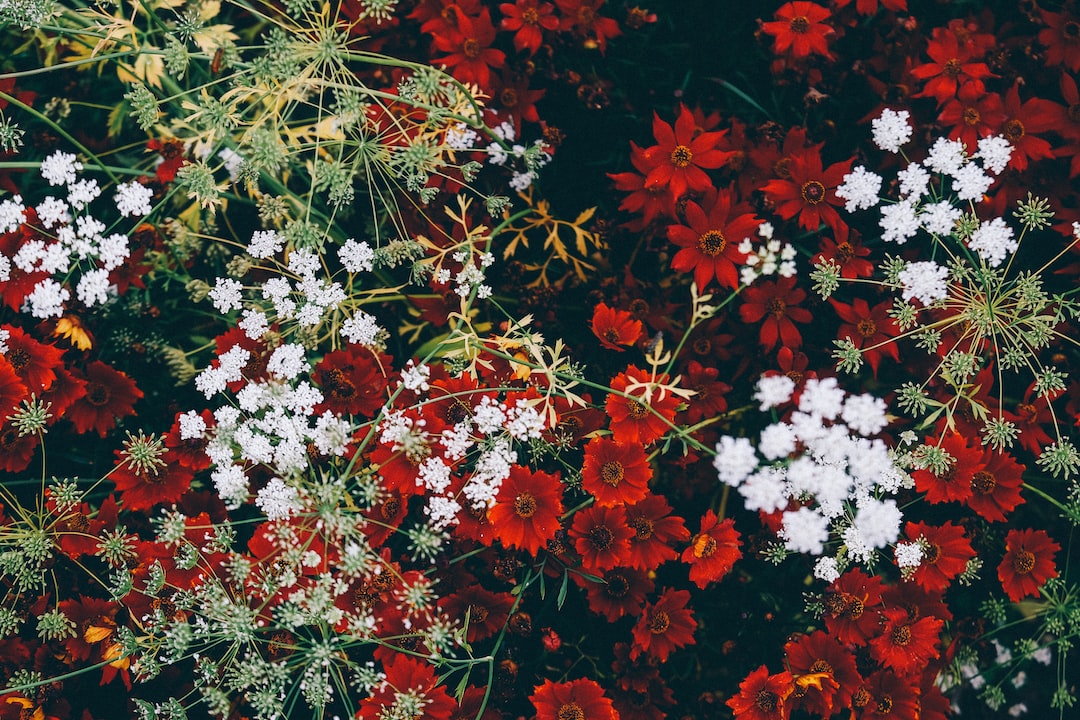Growing herbs indoors is an excellent way to have fresh, aromatic plants right at your fingertips, no matter the season or weather outside. Not only do indoor herb gardens enhance the aesthetic appeal of your home, but they also provide a source of fresh ingredients to elevate your culinary creations. If you’re a beginner looking to dive into the world of indoor herb gardening, this guide will provide you with all the necessary information to get started.
Choosing the Right Herbs
When it comes to selecting which herbs to grow indoors, it’s crucial to choose varieties that thrive in indoor environments. Some of the best herbs for indoor gardening include basil, parsley, mint, chives, thyme, and rosemary. These herbs generally tolerate lower light conditions and can be easily maintained in pots or containers.
Picking the Perfect Spot
Indoor herbs require an adequate amount of sunlight to grow and flourish. Place your herb garden in a spot that receives at least 4-6 hours of direct sunlight each day. South or west-facing windows are usually ideal for indoor herb gardens, as they offer the most sunlight exposure. If sufficient natural light is not accessible, you can supplement it with fluorescent grow lights to ensure your herbs receive the necessary light energy.
Selecting the Right Containers
Choosing the appropriate containers for your indoor herb garden is crucial for the well-being of your plants. Containers should have drainage holes to prevent waterlogged soil, as too much moisture can lead to root rot. Opt for pots or containers with good drainage, preferably made of terracotta or clay. These materials allow for proper air circulation and drainage, ensuring optimal growth and preventing overwatering-related problems.
The Perfect Soil
Herbs are generally hardy plants that thrive in well-draining soil. A good potting mix specifically formulated for herbs or vegetables is ideal for an indoor herb garden. These mixes typically contain a combination of peat moss, perlite, and vermiculite, providing the necessary nutrients and moisture retention for your herbs.
Watering and Fertilizing
Watering your indoor herb garden can be a delicate balance. Overwatering can lead to root rot, while underwatering can cause the plants to dry out. The key is to keep the soil consistently moist but not overly saturated. Water your herbs when the top inch of soil feels dry to the touch. Additionally, be cautious not to let the water accumulate in saucers or trays beneath your pots, as this can also lead to root rot.
Fertilizing your herbs every 4-6 weeks with a balanced, water-soluble fertilizer will help them thrive. However, be cautious not to over-fertilize, as this can cause excessive growth but a decrease in overall flavor and aroma.
Pruning and Harvesting
To encourage bushier growth and prevent herbs from becoming leggy, it is essential to prune them regularly. Pruning involves removing the top few inches of the plant, just above a set of leaves or nodes. This process stimulates the growth of new branches, resulting in a fuller and healthier herb plant.
When it comes to harvesting your herbs, only pick what you need at the moment. This ensures a fresh supply while allowing the plant to continuously produce new foliage. Remember to harvest from the top down, removing the older leaves first. Snipping off the leaves close to their base helps the plant recover faster.
Pests and Diseases
Indoor herb gardens are generally less prone to pests and diseases compared to outdoor gardens. However, it’s essential to keep an eye out for common pests such as aphids, whiteflies, and spider mites. Regularly inspect your plants for any signs of infestation, and treat them promptly if necessary. Using natural remedies like neem oil or a mixture of water and mild soap can help protect your herbs without introducing harmful chemicals into your indoor space.
By following these tips, even beginner gardeners can enjoy a flourishing indoor herb garden all year round. Besides providing you with the joy of nurturing plants, it will also add a beautiful touch to your home while elevating your culinary creations with the freshest herbs. So, don’t hesitate to embark on this adventure and start growing your herbs indoors today.

